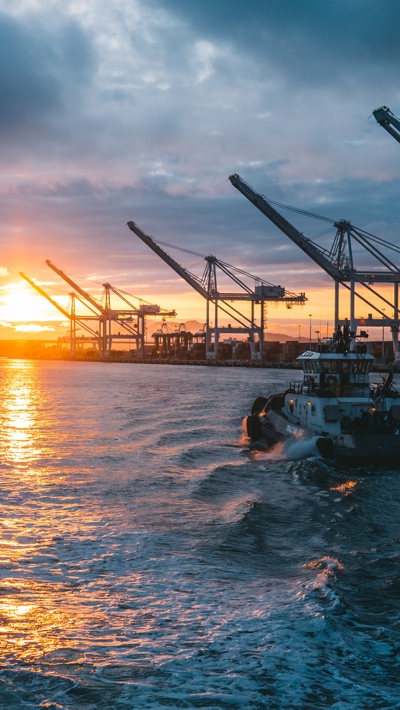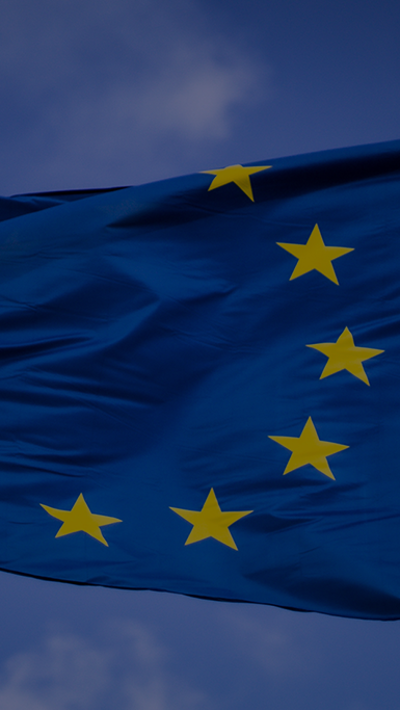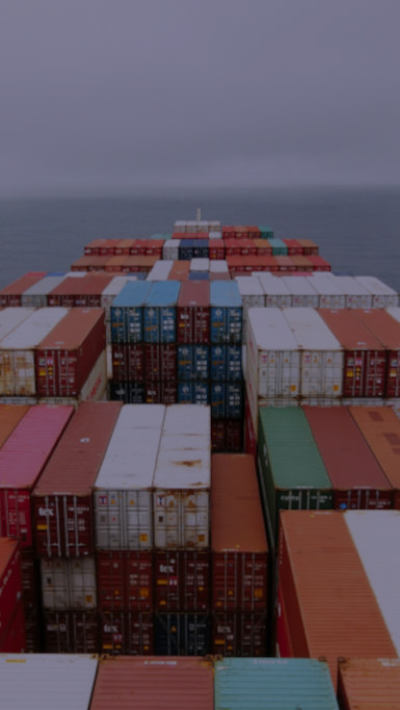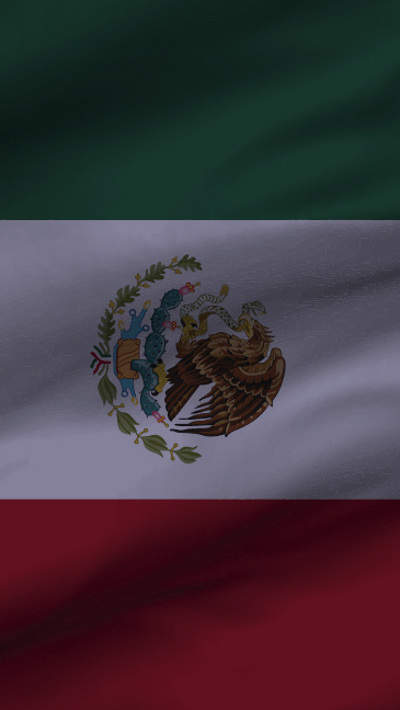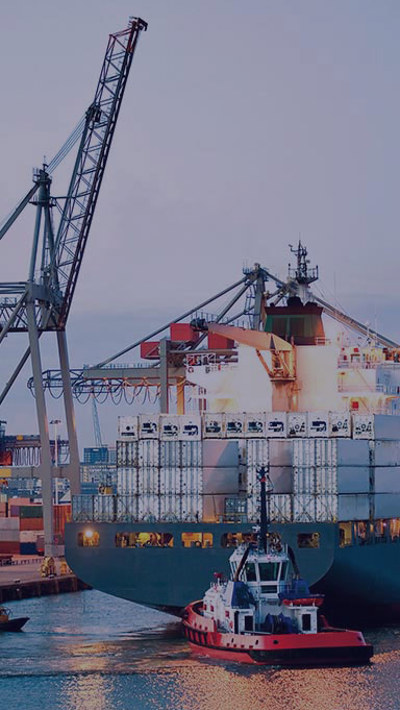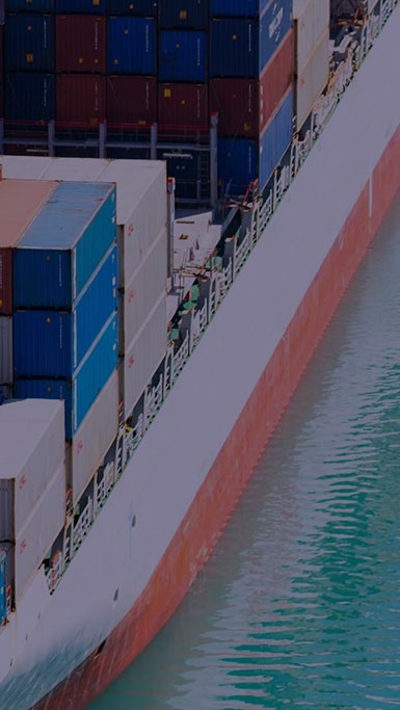Contents
New Zealand and 18 other World Trade Organisation (WTO) Members have established the “Multiparty Interim Appeal Arbitration Arrangement” to hear appeals in trade disputes until the WTO Appellate Body becomes fully functional again.
The 19 Members include some of New Zealand’s major trading partners – Australia, China, the European Union, Singapore and Canada.
The WTO Appellate Body fell below its three-member quorum in December because of the United States’ block on nominations, in effect since 2017, over longstanding concerns that the Appellate Body has overstepped its mandate.
How it works
The interim appeal arrangement will operate under the WTO framework, based on Article 25 of the WTO’s Dispute Settlement Understanding.
Participants will establish a pool of ten arbitrators from any WTO Member country with demonstrated expertise in law, international trade, and WTO Agreements for an initial period of two years. Each participating Member can nominate a candidate for the pool within 30 days of the arrangement being established.
Once the pool is determined, three arbitrators will be selected at random by the WTO Director-General to hear an appeal. Members have agreed the final selection will also need to achieve balance, for example in gender and geographical representation. Disputing parties will agree to abide by the arbitrators’ findings.
Chapman Tripp comment
This is a useful initiative which will provide a predictable dispute resolution framework, at least among those countries which have signed up. But it lacks the involvement of the single-biggest user of the dispute settlement system, the US; and a number of other large trading economies are also yet to join – such as India, the UK, Japan and South Korea.
But the arrangement remains open for any WTO member to join, and it is to be hoped that this will happen and that – in time – the Appellate Body can be restored. New Zealand, as a small, export-reliant economy, has a strong interest in preserving and strengthening the system of rules-based trade.
These commitments are becoming ever more important as the coronavirus outbreak continues to disrupt trade flows and the international economy.








